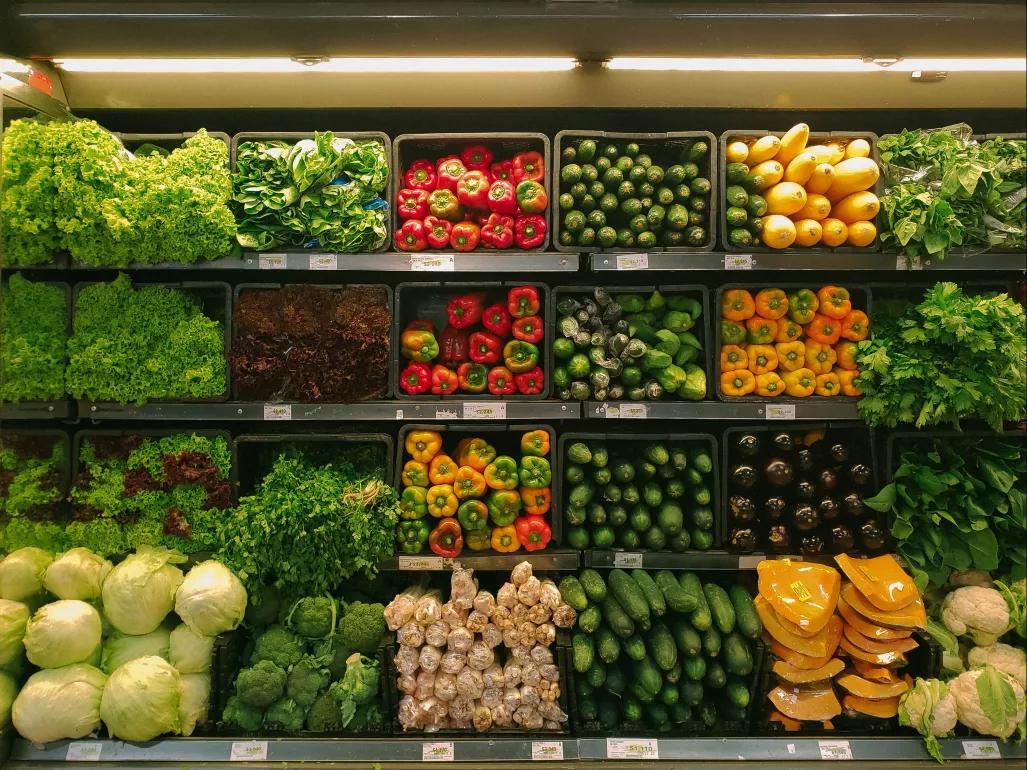A rapid and far-reaching transition of agriculture practices and the food system more broadly is key to achieving the objectives of the Paris Agreement. Such transition requires minimising direct emissions from agricultural activities, reducing the impact of land use and induced land use change on deforestation, as well as enhancing carbon sink capacity of lands and soils. It calls for a massive shift in the way our food is produced, processed and transported, as well as behavioural changes in relation to what we eat and consume. The challenges are complex, considering population growth projections, consumption trends, effects of an already changing climate, and the limited options to reduce some of agriculture’s most problematic greenhouse gasses: methane and nitrous oxide. In addition to compensating for those likely residual emissions, the land sector must also shift to serve as an overall net carbon sink to compensate for emissions in other sectors. Importantly, the transition must consider issues of biodiversity, water, and food security, together with the relevance of the land sector to the livelihoods of billions of people.
Our work on these topics include the following:
- Analysis and evaluation of policies and measures
- Development of sector level benchmarks and scenarios
- Evaluation of sustainable development impacts
- Analysis of transition risks and response measures

